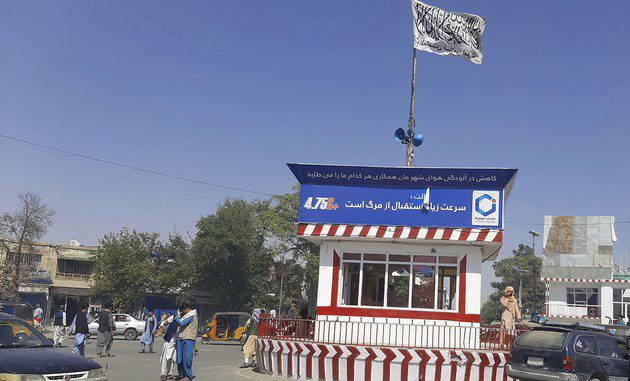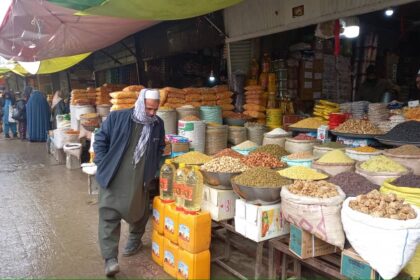RASC News Agency: Local sources in Kunduz province have confirmed that late on Monday evening, September 22, fresh hostilities erupted between Taliban forces and unidentified armed assailants along the strategic Kunduz–Sher Khan Bandar highway.
Eyewitnesses reported that the confrontation occurred at approximately 8:20 p.m. in the Haq-ul-Abur area of Imam Sahib district, when unknown gunmen targeted a Taliban Ranger vehicle. Heavy gunfire ensued, creating widespread panic among local residents. At the time of reporting, there is no verified information on casualties, and the Taliban have remained conspicuously silent, offering neither explanation nor accountability.
This incident in Kunduz follows a similar episode in Helmand province just one day prior. Sources in Musa Qala district confirmed that Taliban forces engaged in prolonged combat with unidentified armed fighters in the district outskirts, resulting in at least five fatalities and two injuries before the insurgents were rounded up by Taliban authorities.
The rapid recurrence of armed confrontations across multiple provinces has intensified public anxiety and alarm among security analysts. Far from being isolated attacks, these engagements highlight the Taliban’s profound inability to secure Afghanistan’s highways, border regions, and vital districts a stark contradiction to their repeated assertions of full national control.
Security observers warn that the Taliban’s hollow claims of maintaining stability are being consistently exposed. Despite oppressive measures, including mass arrests, intimidation, and violent crackdowns, the regime continues to demonstrate severe deficiencies in governance, law enforcement, and counter-insurgency capabilities.
For local populations, the frequent clashes have exacerbated an already pervasive climate of fear. Residents along the Kunduz–Sher Khan Bandar corridor and in Musa Qala recount nights dominated by gunfire and terror, expressing skepticism that the Taliban can provide even minimal protection or basic security.
The persistence of insurgent activity underscores the fragility of Taliban rule. Analysts highlight that the group’s claims of protecting the population and enforcing order are contradicted by repeated armed attacks, ongoing instability, and the government’s inability to project authority beyond major urban centers. In effect, the Taliban remain trapped between the appearance of control and the reality of their systemic incompetence.
One Kabul-based political analyst told RASC News Agency: “The Taliban promised stability in exchange for obedience, yet they have delivered only insecurity, fear, and repression. Their authority is increasingly challenged by armed groups who exploit the vacuum left by their failed governance.”
The Kunduz–Sher Khan Bandar highway serves as a crucial trade route connecting northern Afghanistan to Tajikistan. Repeated attacks along this corridor not only endanger civilians but also threaten the country’s fragile economic lifelines and cross-border commerce. Analysts warn that continued Taliban failures to secure key infrastructure could undermine their tenuous international legitimacy and further isolate Afghanistan economically and diplomatically.
The Taliban’s inability to maintain order, protect civilians, or enforce law and governance illustrates a broader truth: Afghanistan remains a country beset by insecurity, where the regime’s propaganda of stability masks a reality of persistent violence, systemic incompetence, and widespread public.






